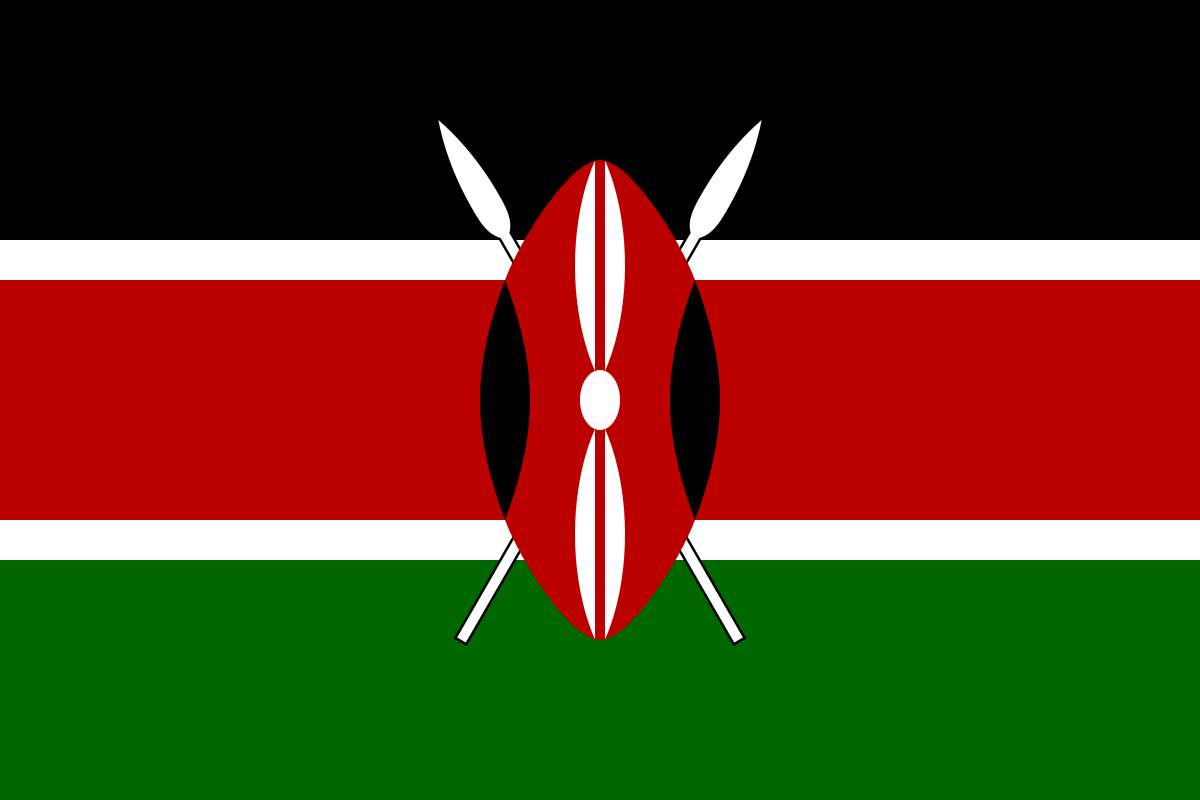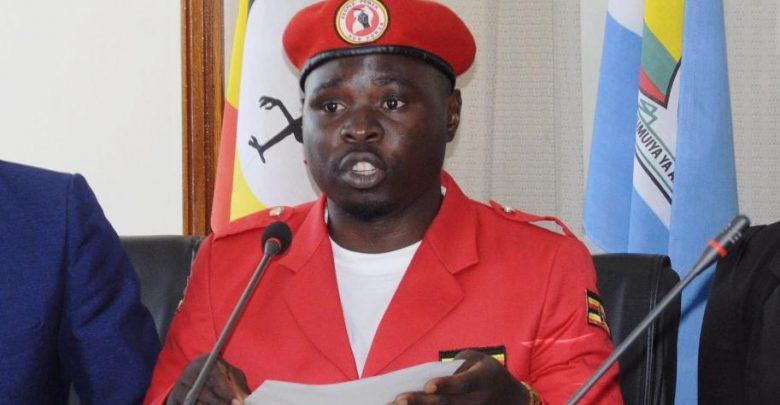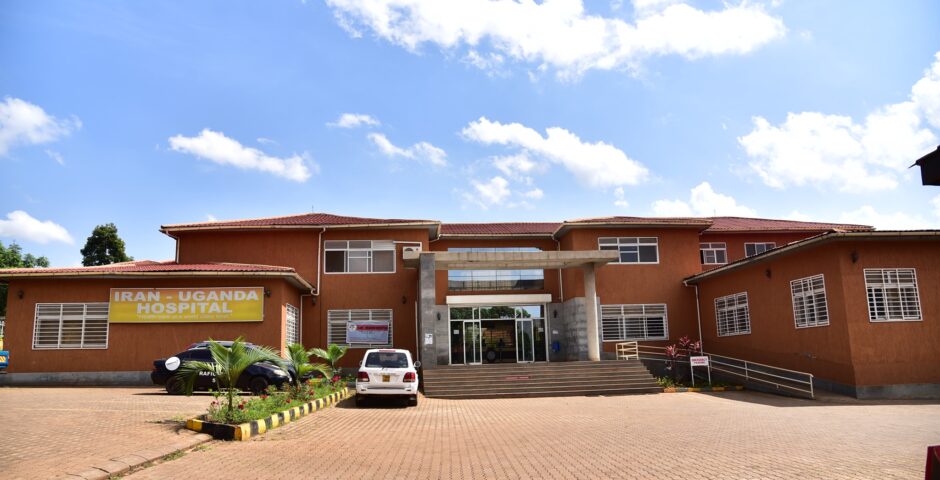Thomas Kwoyelo, a former Lord’s Resistance Army (LRA) commander, has found himself at the center of a legal battle at the International Crimes Division (ICD) of the High Court. Throughout his trial, Kwoyelo has vehemently denied certain allegations, including his association with a particular alias known as Latoni.
During a recent court session, Kwoyelo expressed his objection to the alias, stating, “My name is Thomas Kwoyelo. I heard other names added to my name as Latoni, but I don’t know where that name came from.” This objection underscores his assertion that he is being tried under a mistaken identity.
The use of the term “Latoni” has been detrimental to Kwoyelo’s defense strategy, which primarily focuses on portraying him as a victim. He recounted his childhood experiences, highlighting the challenges he faced growing up in the village of Pogo, where access to education was limited.
Born and raised in Pogo, Kwoyelo had to travel 40 kilometers to Pabbo Town to attend school. At the age of 10, he enrolled in Pabbo Girls’ Primary School, where he lived with his maternal grandmother. Despite facing difficulties, including attending a school predominantly for girls, Kwoyelo remained determined to pursue his education.
During the trial, Kwoyelo refuted claims made by witnesses regarding his involvement in certain activities during his childhood. He denied participating in events such as dancing Ayije, sharing mangoes with others, or engaging in competitive sports at a young age.
Kwoyelo vividly recalled the harrowing experience of his abduction at the age of 13 while returning home from school. Intercepted by armed men, who later revealed themselves as LRA rebels, Kwoyelo found himself thrust into a world of uncertainty and fear. His recollections of the initial moments of captivity paint a stark picture of the brutality and coercion prevalent within the rebel ranks.
Under the command of Okwera Dulmony, Kwoyelo’s group of abductees endured grueling conditions and indoctrination rituals. Forced to undergo military training and subjected to strict discipline, Kwoyelo’s narrative exposes the systematic methods employed by the LRA to recruit and retain young fighters.
Under the leadership of Joseph Kony, he described being forced to participate in military activities, including learning to handle firearms and enduring harsh punishments for attempted escapes.
Despite attempts to escape, Kwoyelo remained trapped within the confines of the rebel group, constrained by his age and limited understanding of his surroundings. His account underscores the powerlessness felt by many abducted children, manipulated and exploited by the LRA leadership.
Kwoyelo’s testimony shed light on the inner workings of the LRA, revealing Kony’s preference for abducting young children like himself. He detailed the group’s organizational structure, which lacked traditional military ranks and instead referred to every soldier as a “teacher.”
Despite the hardships he endured, Kwoyelo displayed resilience and adaptability within the LRA. Kwoyelo’s journey within the rebel ranks saw him rise to the rank of captain, a position bestowed upon him by Joseph Kony himself. His involvement in medical training and operations reflects the multifaceted nature of his role within the organization, highlighting the complexities of his experiences as both victim and perpetrator.
The charges against Kwoyelo include 93 counts of war crimes and crimes against humanity related to his alleged involvement in atrocities committed during the insurgency in northern Uganda. Despite his renunciation of rebellion and subsequent detention, his legal journey has been tumultuous, marked by legal battles and conflicting court decisions.
Kwoyelo’s trial provides insight into the complexities of conflict, victimhood, and accountability in post-conflict societies like Uganda.




















